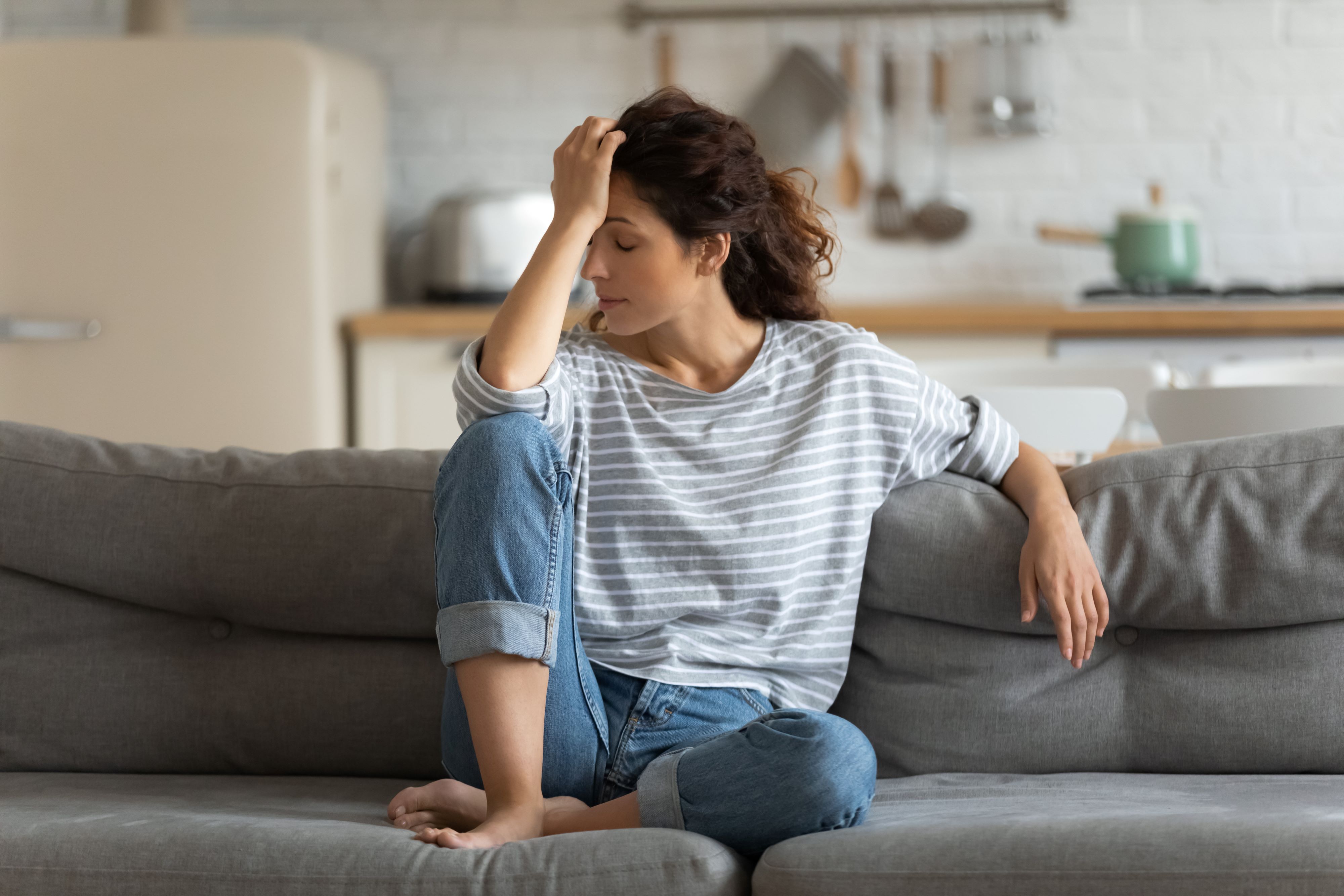
What can we expect during menopause? We sat down with Nancy Siskowic and Erica Buck who are both experienced in women’s health. Nancy is a nurse practitioner and women’s health specialist who has come to be known as, ‘The Menopause Lady’. It’s no surprise, as she’s been helping women with their physical and mental health for over 35 years. Erica Buck is also a nurse practitioner with over 20 years in cardiology and endocrinology who joined forces with Nancy Siskowic in the last few months. Together, they make quite a team.
Many of us have learned that menopause symptoms begin somewhere between the ages of 45-55. Nancy informs us that symptoms can begin as early as 35. Symptoms can include hot flashes, night sweats, anxiety, heart palpitations, exhaustion, weight gain, brain fog, loss of libido, vaginal dryness, pain with intercourse and more.
Erica shares with us that there is a lack of support for women going through menopause. There tends to be unwarranted shame around this topic, so the resources out there and accurate information about it aren’t readily known.
Many of us are aware or have heard that we can help manage menopause symptoms with hormone replacement therapy including Estrogen, Progesterone and Testosterone. Some women choose to not take hormones, but, the question is why? We all have our own reasons, but Nancy discusses with us some fears and misconceptions about hormones, particularly when it comes to estrogen.
In 2002 there was a study that caused a lot of fear in women about taking estrogen. The way the study was reported made it sound like women on estrogen had more breast cancer, blood clots, strokes and other problems.
There were a few more blood clots and strokes because the estrogen in the study was oral (Premarin). We have known since the advent of oral estrogen in birth control pills that it can cause a slightly increased risk of blood clots and strokes. Transdermal estrogen does not pose the same risk found in oral estrogen.
In terms of breast cancer, the few more in the study were in the ‘rare’ category, and likely the result of the progestogen used (Provera a potent stimulant of breast tissue). Studies today tell us that estrogen does not cause breast cancer, that it is breast protective and cancer protective. And today we use progesterone, like the bodies own, not Provera.
We should also look at the importance of taking estrogen, as not taking estrogen can pose certain risks.
- Estrogen is good for our bones, as it helps to stop bone loss and minimizes risk for osteoporosis.
- For the brain, one study showed that those who took estrogen for longer than 7 years decreased their risk for dementia and Alzheimer’s disease by 79%, as well as decreased risk of Parkinson’s.
- Regarding the heart, it helps prevent build up of plaque and the arteriosclerotic changes in the heart vessels. It helps to keep our bad cholesterol levels down.
- It’s also important for our vaginal area. Without estrogen the vaginal walls become thinner. We experience decreased libido & pain with intercourse, which can be difficult considering this is when women are in the prime of their life.
- Finally, with estrogen we have less type 2 diabetes, colon cancer, weight gain, and isolation
Since we are talking about the importance of estrogen, women with a uterus should consider taking progesterone, as it protects against uterine cancer.
We also often hear that if we are going to be taking hormones, we should take them for the shortest time period and not after 60. Nancy lets us know, there is no data to support this. The longer we use them, the better.
There are many things we can do when we’re experiencing menopausal symptoms, and have only scratched the surface when it comes to taking hormones. It shouldn’t be ignored that lifestyle changes are extremely important when managing our hormonal changes in our body. Diet, exercise, mental health, and our environment all play a role in our health. We also need to be getting adequate sleep and learn ways to decrease or better manage our stress levels. Erica, recently let us know she was experiencing joint pain and was told to stop running, but taking hormones actually alleviated her joint pain and she was able to keep running. When you stop doing something you love, it can have a major negative impact not only on your body (in the case of exercise), but on your mental health as well. We suggest you pay attention to your body and talk with your practitioner if you experience anything that compromises your health. Nancy and Erica are also a great resource!
References:
https://www.ncbi.nlm.nih.gov/pmc/articles/PMC3626805/


